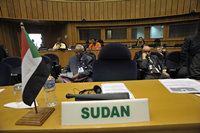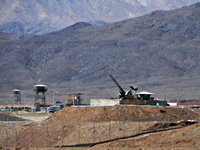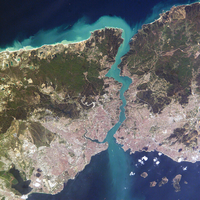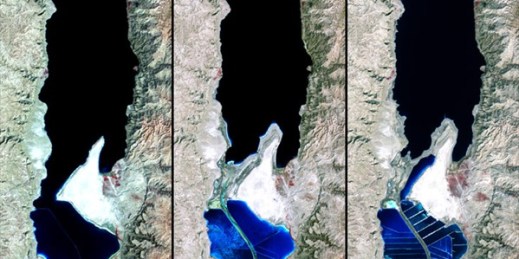
What are the two most pressing issues on the U.S. foreign policy agenda? Ask that question of 10 foreign policy mavens and nine will say Afghanistan and Iran. The other one will say Iran and Afghanistan. If the Obama administration manages to stabilize the situation in Afghanistan and find a (lasting) solution to the vexing problem of Iran’s nuclear ambitions over the next four years, it’s hard to imagine his first term won’t be deemed a smashing foreign policy success. It is against this background that U.S. Secretary of State Hillary Clinton’s meeting today in Geneva with Russian Foreign Minister […]





